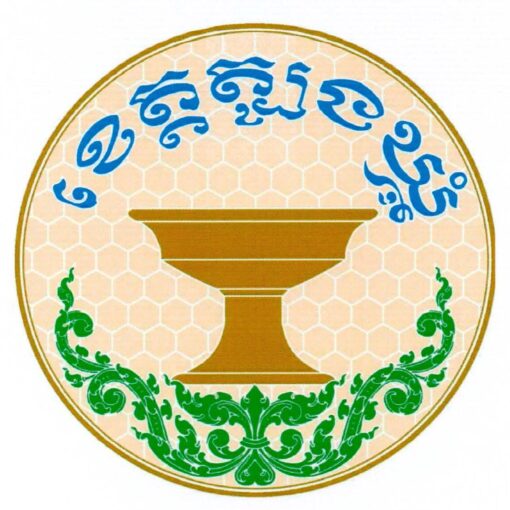
Tboung Khmum Province
Tboung Khmum Province is located on the central lowlands of the Mekong River. It borders Kampong Cham Province to the west, Kratié Province to the north, Prey Veng province to the south, shares an international […]
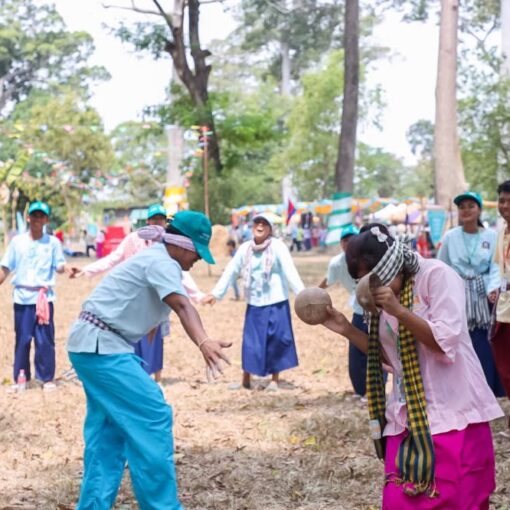
Reav Bong Korng or Finding Shrimp Game
Reav Bong Korng or Finding Shrimp Game “ល្បែងរាវបង្កង” is a kind of traditional game that Cambodians often play during the Khmer New Year season or during the free time. The game is most often played […]
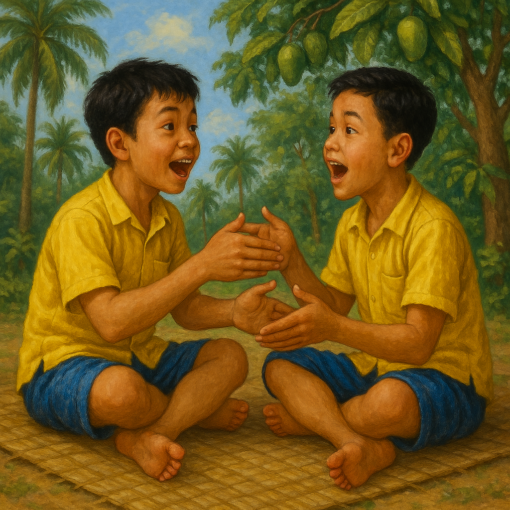
Kuos Po Phleak Game
Our ancestors have left behind many folk games for future generations to play during various festivals to create fun and increase mutual relationships. There are many Khmer folk games such as the King Game (Sdach […]
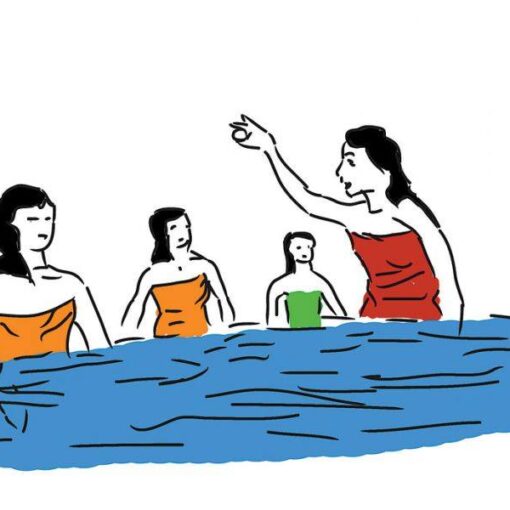
Leak Kon Kas Game
Leak Kon Kas Game “ល្បែងលាក់កូនកាស” is a game for teenagers to have fun. This game can only be played in a stream or river that is waist-deep or chest-deep. How to play Youngsters must gather […]
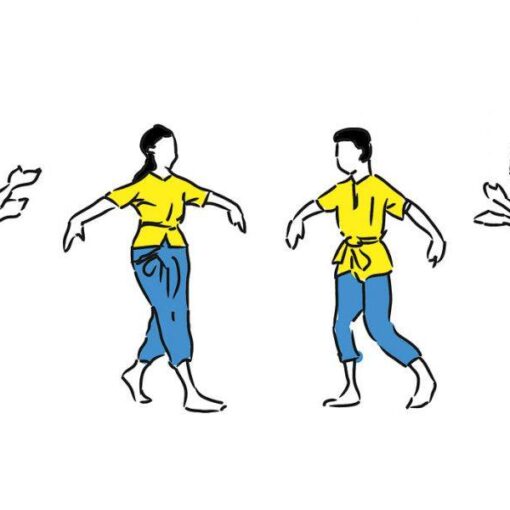
Pror Jul Moan or Cockfighting Game
Pror Jul Moan or Cockfighting Game “ល្បែងប្រជល់មាន់” is a game played by all ages of Cambodian during the night time. It is a game that provides as much laughter and excitement as Hit the Coon […]
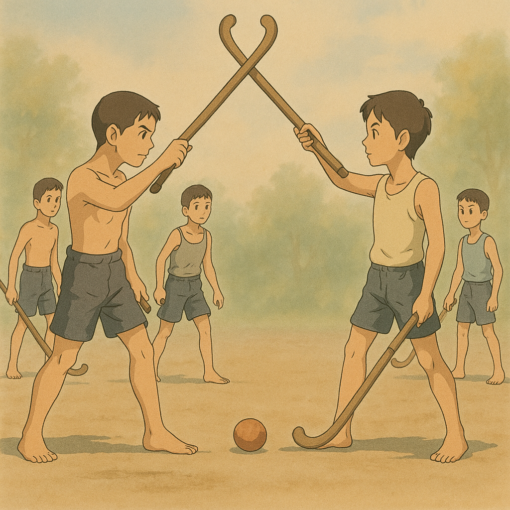
Kon Koul Game
Some locals call it “Kon Koul Game (ល្បែងកូនគោល)” and it is a game played by young men, women, or teenagers in their free time during the dry season or the New Year season. The playing […]
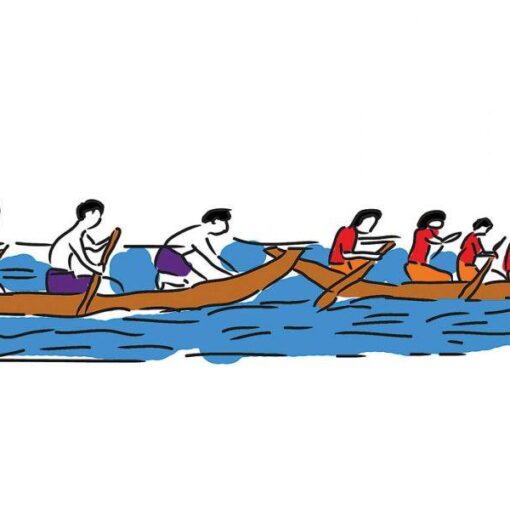
Jos Pror Mat Game
Jos Pror’ Mat Game “ល្បែងចោះប្រមាត់” is originated from Kampong Phlouk of Prasat Bakong district, Kampong Khleang of Soutr Nikum district and Chi Kreng district, Siem Reap Province. This Game is played during the rainy season […]
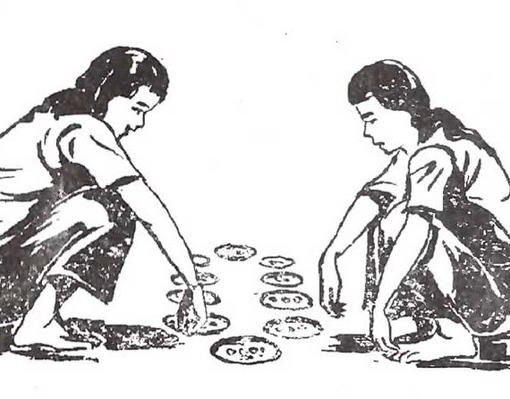
Bai Khom Game
Bai Khom Game “ល្បែងបាយខុំ” is a popular Khmer game that mostly countryside people often play together during their free time. This game is played by two people, and the Bai Khom has 10 holes for […]
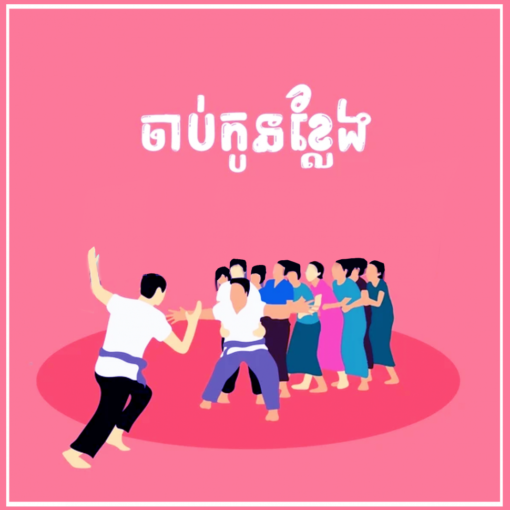
Jarb Kon Khlaeng or catching the chicks Game
Jarb Kon Khlaeng or catching the chicks Game (ល្បែងចាប់កូនខ្លែង) is a game that teenagers often play during the New Year. The game is not only for the New Year, but can also be played in […]
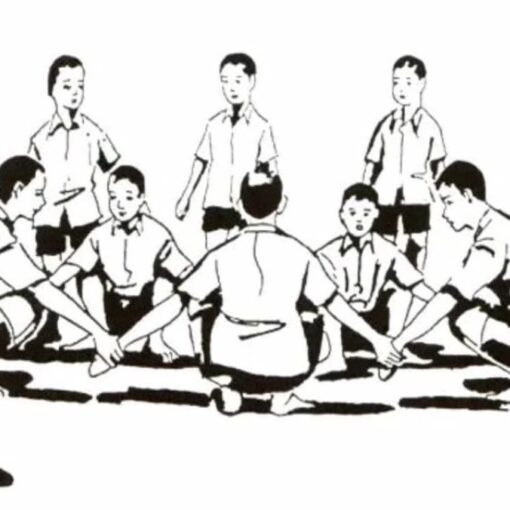
Lout An Taek or Jumping the Trap Game
Lout An Taek or Jumping the Trap Game “ល្បែងលោតអន្ទាក់” is a popular Khmer folk game played by children and young people in their free time and at night during the Khmer New Year. This game […]
